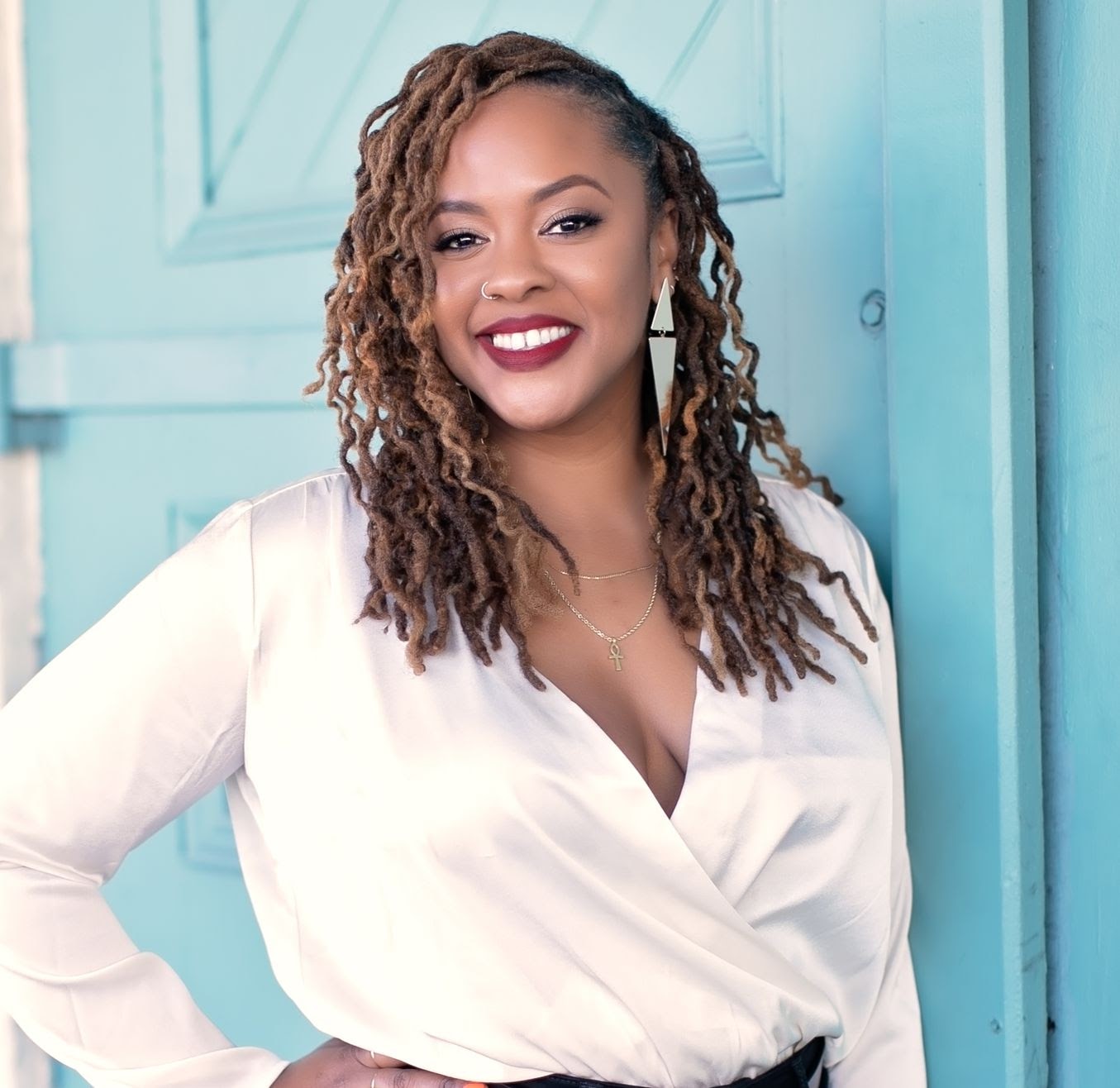Radical Communicators Network

Photo by Sasha Matthews of Green Tangerine Photography
Shanelle Matthews
(She/Her)
Brooklyn, NY
Shanelle Matthews collaborates with social justice activists, organizations, and campaigns to inspire action and build narrative power for social justice and liberation. She recently completed her tenure as the Movement for Black Lives communications director. She founded Radical Communicators Network (RadComms), a global community of practice for social movement communications workers, and is a former faculty member in Resistance Narratives at The New School. Shanelle is a full-time Distinguished Lecturer at City College at the City University of New York, where she teaches Narrative Power in the Black Radical Tradition, Rhetoric of Liberation: The Role of Narrative Power in Contemporary Movements, and Black Women's Resistance: Narratives of Safety and Survival. She is co-editor of a forthcoming anthology that details world-building narrative campaigns and strategies led by social movement communications workers in the 21st century.
Is coffee food? Love anything saucy, covered, or smothered. I will drive long distances for good noodle soup or hot pastrami (extra mustard, extra pickles, add spicy cheese). As a Sagitarrius, I like options, so Spanish and Japanese are some of my favorite cuisines. The best slice in Brooklyn is the grandma corner slice at Rosa’s when they first open. Debate me. I also love sweetbreads like pound cake, tea cake, cake doughnuts, and churros.
Anything is possible, really. For now, I want people who come here to learn about narrative power, and to center the experiences of the people in closest proximity to oppression and work toward models whereby those who are most impacted are a part of leading, identifying solutions, setting priorities, creating policy agendas, and shifting narratives about human value.